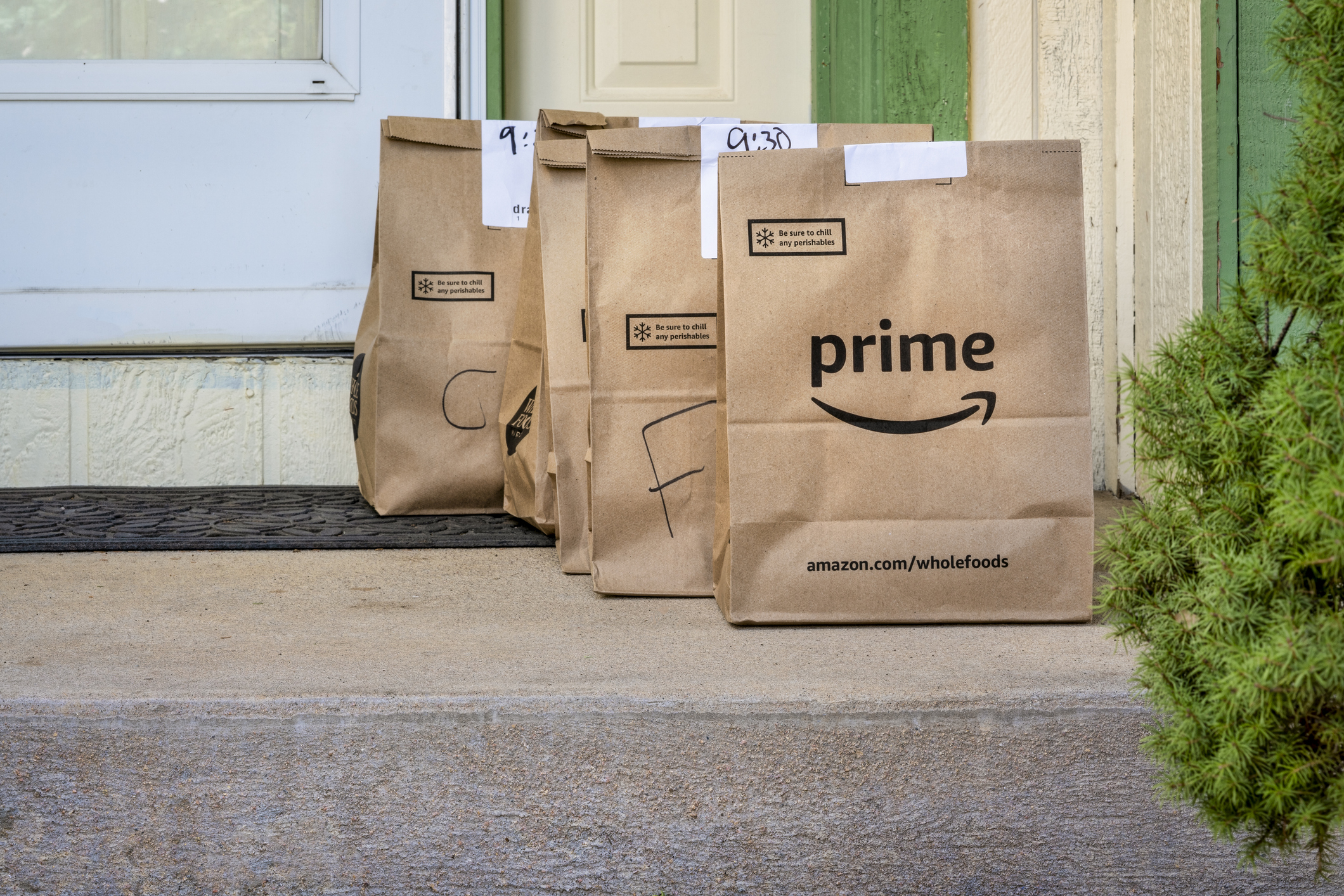Don’t Get Rid of Your Landline Phone
Dropping your service might not save you any money.

Profit and prosper with the best of Kiplinger's advice on investing, taxes, retirement, personal finance and much more. Delivered daily. Enter your email in the box and click Sign Me Up.
You are now subscribed
Your newsletter sign-up was successful
Want to add more newsletters?

Delivered daily
Kiplinger Today
Profit and prosper with the best of Kiplinger's advice on investing, taxes, retirement, personal finance and much more delivered daily. Smart money moves start here.

Sent five days a week
Kiplinger A Step Ahead
Get practical help to make better financial decisions in your everyday life, from spending to savings on top deals.

Delivered daily
Kiplinger Closing Bell
Get today's biggest financial and investing headlines delivered to your inbox every day the U.S. stock market is open.

Sent twice a week
Kiplinger Adviser Intel
Financial pros across the country share best practices and fresh tactics to preserve and grow your wealth.

Delivered weekly
Kiplinger Tax Tips
Trim your federal and state tax bills with practical tax-planning and tax-cutting strategies.

Sent twice a week
Kiplinger Retirement Tips
Your twice-a-week guide to planning and enjoying a financially secure and richly rewarding retirement

Sent bimonthly.
Kiplinger Adviser Angle
Insights for advisers, wealth managers and other financial professionals.

Sent twice a week
Kiplinger Investing Weekly
Your twice-a-week roundup of promising stocks, funds, companies and industries you should consider, ones you should avoid, and why.

Sent weekly for six weeks
Kiplinger Invest for Retirement
Your step-by-step six-part series on how to invest for retirement, from devising a successful strategy to exactly which investments to choose.
If you rarely use your landline phone, dropping your service could be tempting. But it may not save as much as you think -- especially if you bundle your phone service with TV and Internet.
Going landline-less means directing business calls -- from your credit card company to your doctor’s office -- to your cell phone, which could increase your monthly wireless bill. Some services, such as security systems, digital video recorders and satellite TV, tap into the phone line; switching to a wireless box or mobile phone could cost you extra. Landlines are still more reliable than their wireless counterparts -- including VoIP service -- particularly during bad weather and home emergencies. Paired with a corded phone (the kind that doesn’t need to be plugged into an electrical outlet), landline service generally continues in a power outage. During an emergency, a landline phone gives 911 dispatchers an exact address, while cell phones give a caller’s geographical coordinates, accurate only to within 50 to 300 meters. That could delay the arrival of emergency services.
To keep the landline but cut costs, price no-frills, local-only service with your regional phone company as well as smaller competitors. Verizon’s local-only service generally costs less than $15 a month in most areas. Expect taxes and fees to add $5 to $10 to your bill.
From just $107.88 $24.99 for Kiplinger Personal Finance
Become a smarter, better informed investor. Subscribe from just $107.88 $24.99, plus get up to 4 Special Issues

Sign up for Kiplinger’s Free Newsletters
Profit and prosper with the best of expert advice on investing, taxes, retirement, personal finance and more - straight to your e-mail.
Profit and prosper with the best of expert advice - straight to your e-mail.
Profit and prosper with the best of Kiplinger's advice on investing, taxes, retirement, personal finance and much more. Delivered daily. Enter your email in the box and click Sign Me Up.

-
 Quiz: Do You Know How to Avoid the "Medigap Trap?"
Quiz: Do You Know How to Avoid the "Medigap Trap?"Quiz Test your basic knowledge of the "Medigap Trap" in our quick quiz.
-
 5 Top Tax-Efficient Mutual Funds for Smarter Investing
5 Top Tax-Efficient Mutual Funds for Smarter InvestingMutual funds are many things, but "tax-friendly" usually isn't one of them. These are the exceptions.
-
 AI Sparks Existential Crisis for Software Stocks
AI Sparks Existential Crisis for Software StocksThe Kiplinger Letter Fears that SaaS subscription software could be rendered obsolete by artificial intelligence make investors jittery.
-
 What Does Medicare Not Cover? Eight Things You Should Know
What Does Medicare Not Cover? Eight Things You Should KnowMedicare Part A and Part B leave gaps in your healthcare coverage. But Medicare Advantage has problems, too.
-
 15 Reasons You'll Regret an RV in Retirement
15 Reasons You'll Regret an RV in RetirementMaking Your Money Last Here's why you might regret an RV in retirement. RV-savvy retirees talk about the downsides of spending retirement in a motorhome, travel trailer, fifth wheel, or other recreational vehicle.
-
 Five Ways to Save on Vacation Rental Properties
Five Ways to Save on Vacation Rental PropertiesTravel Use these strategies to pay less for an apartment, condo or house when you travel.
-
 How to Avoid Annoying Hotel Fees: Per Person, Parking and More
How to Avoid Annoying Hotel Fees: Per Person, Parking and MoreTravel Here's how to avoid extra charges and make sure you don't get stuck paying for amenities that you don't use.
-
 Protect Your Retirement Income from Inflation
Protect Your Retirement Income from InflationMaking Your Money Last With a new President promising tariffs on imported goods from China, Mexico and Canada, inflation may rise in 2025, but that doesn’t have to jeopardize your long-term security.
-
 What to Know About CD Ladders, A Flexible Way to Save
What to Know About CD Ladders, A Flexible Way to SaveSavings One way to keep your earnings on track is to spread out your cash.
-
 Retirees, Take the Off Ramp to a New Career
Retirees, Take the Off Ramp to a New CareerMaking Your Money Last For many seniors, changing careers can be a long and daunting process. But the rewards can be rich.
-
 10 Alternatives to Amazon Prime for Free Shipping and More
10 Alternatives to Amazon Prime for Free Shipping and MoreFeature With more and more retailers offering free shipping and exclusive deals, Amazon Prime isn't your only option for member's only pricing and perks. Here are 10 Amazon alternatives to check out.